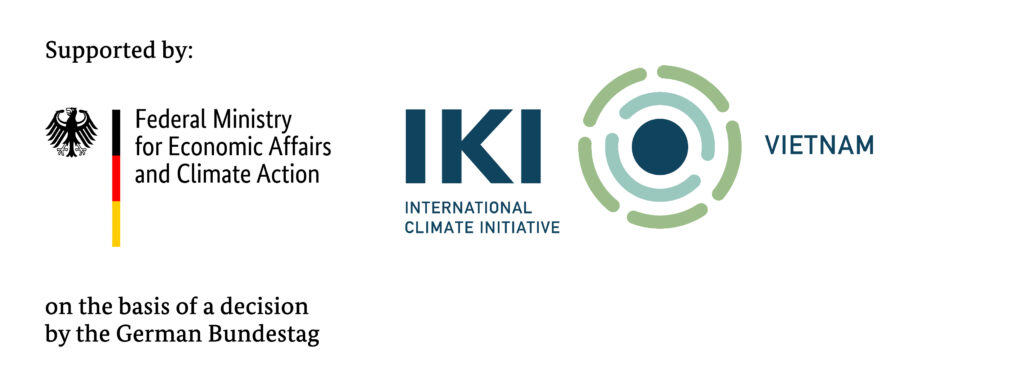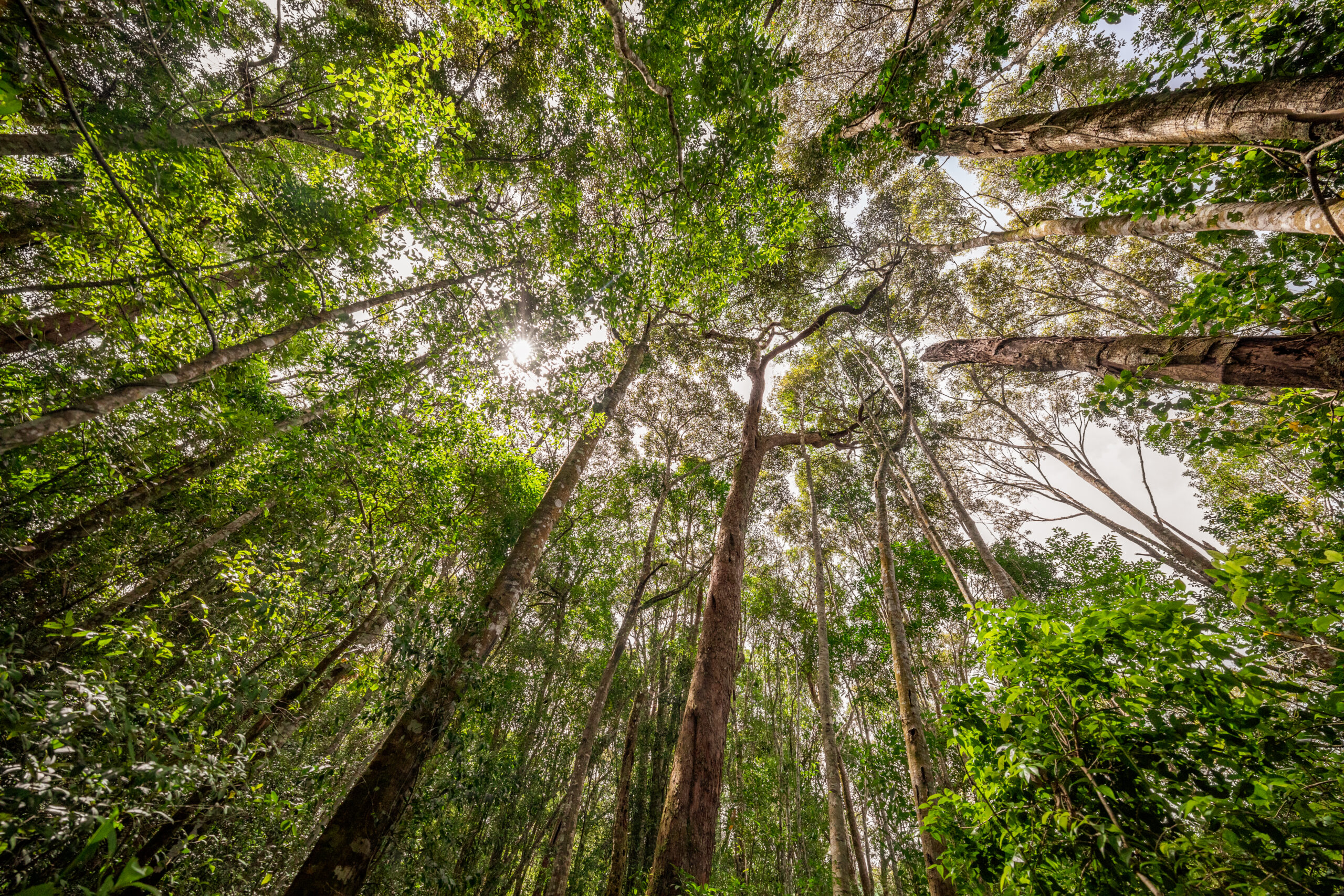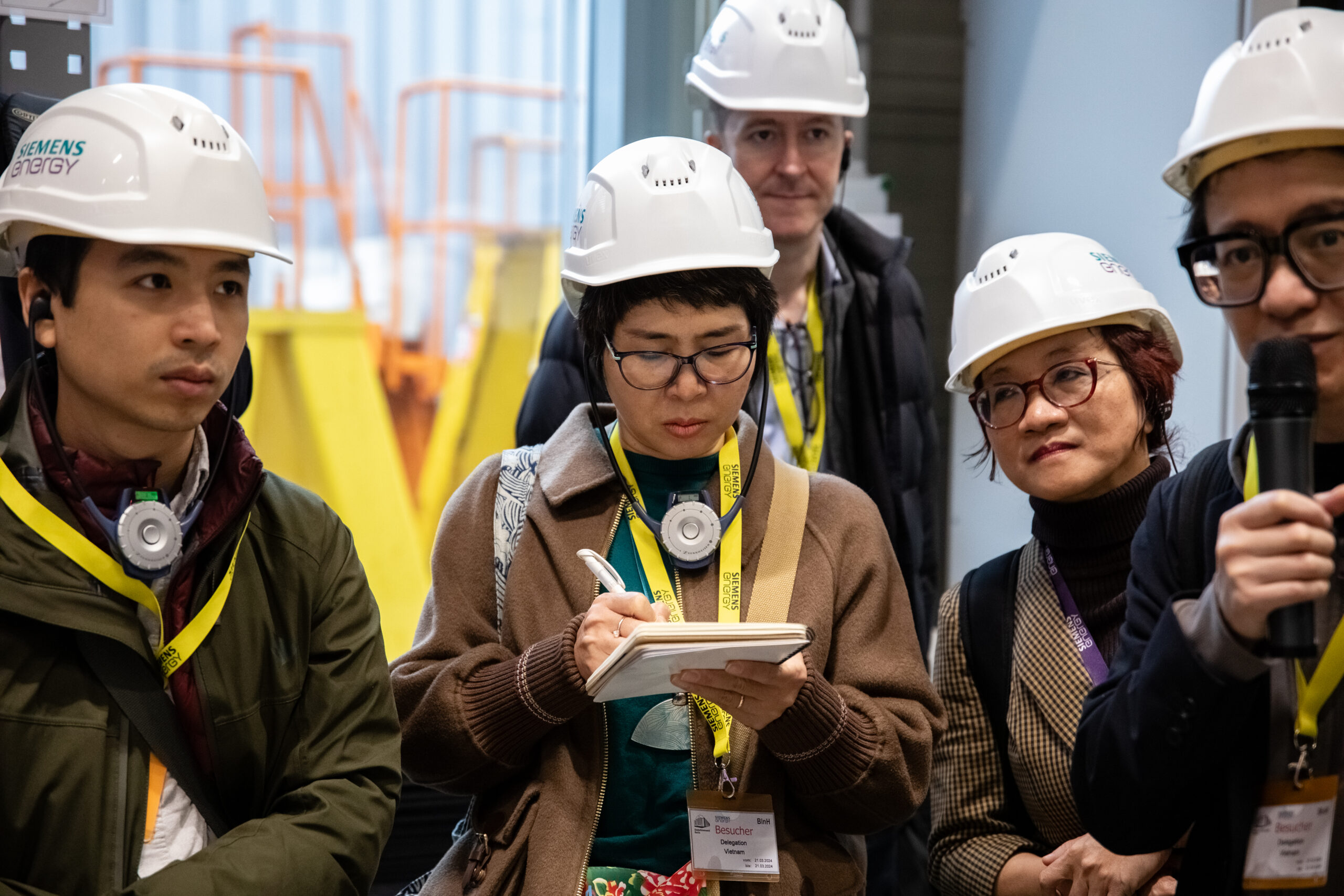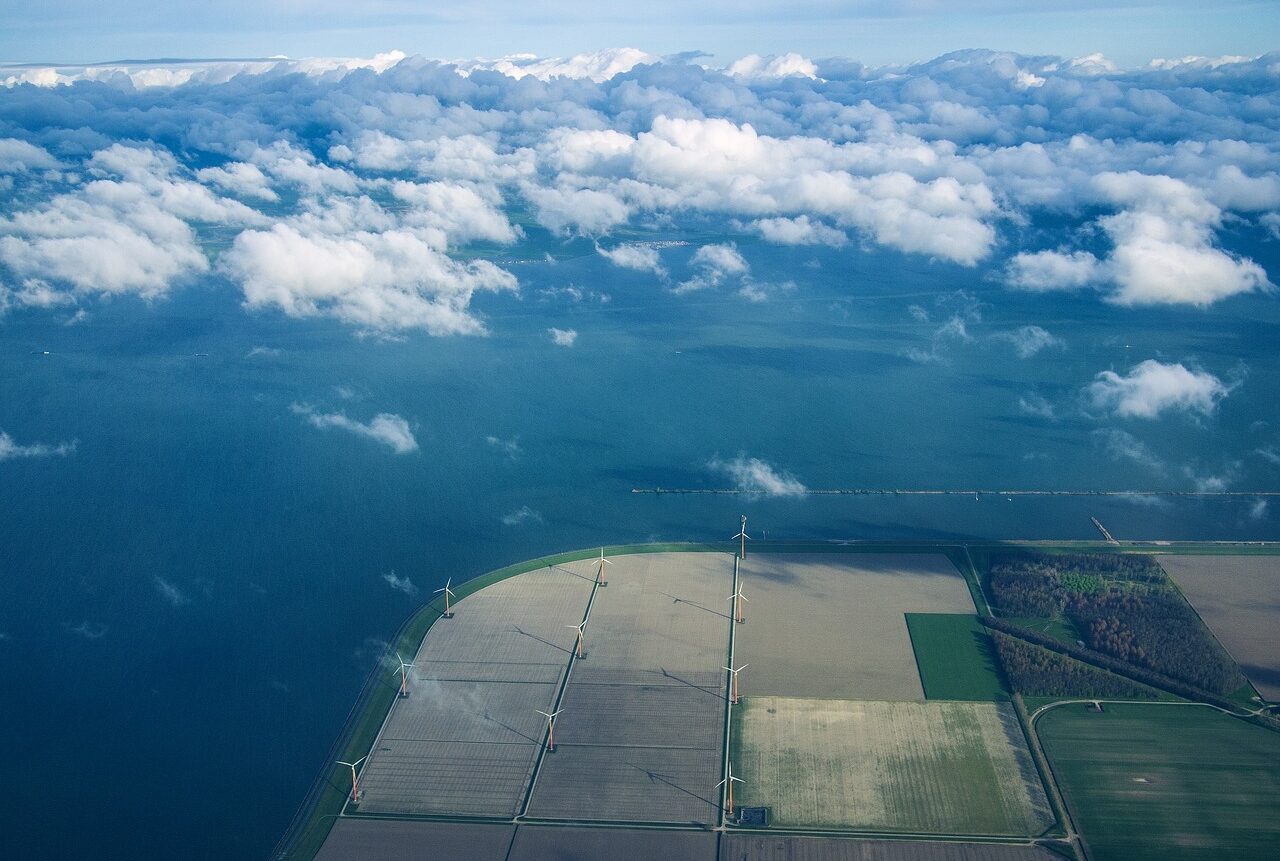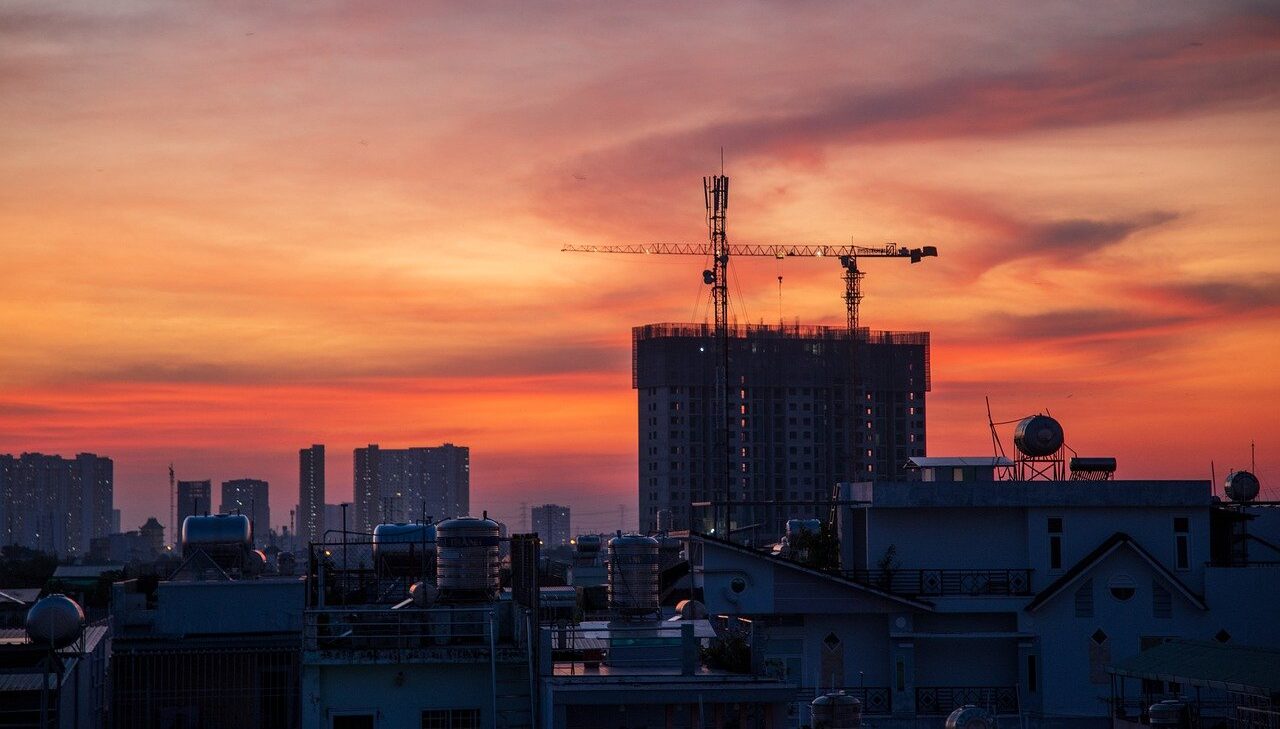The Vietnamese government has moved ahead with finalizing the new National Biodiversity Strategy and Action Plan to 2030 with a vision to 2050 (in short NBSAP), prior to finalization of the post-2020 global biodiversity framework. The decision was signed on 28 January by Deputy Prime Minister Le Van Thanh. Overall, the NBSAP targets to protect and restore ecosystems in Vietnam and enhance their integrity and connectivity. Biodiversity shall be preserved and sustainably used in order to contribute to socio-economic development in the direction of a green economy, while proactively adapting to climate change.
Regarding concrete targets, protected terrestrial areas shall account for nine percent of the country’s land area, while the protected marine and coastal areas shall add up to three to five percent of the total sea area. While the second target was slightly increased as compared to the NBSAP to 2020, the target for protected terrestrial areas was not raised.
The target for forest coverage is aligned with the Vietnam Forest Development Strategy 2021 – 2023 and should be sustained at 42-43%. The target for restoration of degraded ecosystems was increased from 15 to 20%.
The new NBSAP further places emphasis on the conservation of wildlife species, particularly endangered, rare, and precious species of plants and animals. To this end, it sets out key tasks such as intensifying biodiversity conservation and restoration, conserving and restoring endangered wild species, stepping up the conservation of genetic resources, and controlling activities that would harm biodiversity.
The accelerated finalization of the NBSAP to 2030 was detached from the international process on the post-2020 biodiversity framework, which saw some delays in organizing the CBD CoP, resulting in ongoing discussion and negotiations around the global post-2020 biodiversity framework. While Part 1 of the UN Biodiversity Conference (COP15) took place in Oct 2021 (attended by a delegation with 11 participants from Vietnam), Part 2 is scheduled to be a face-to-face meeting in Kunming, China, later in 2022. The meeting in Kunming is expected to conclude with the adoption of the post-2020 global biodiversity framework.
The measures and targets of Vietnam`s new NBSAP are yet to be aligned with the Leaders’ Pledge for Nature, which the Prime Minister of Vietnam signed, among others, during COP26 in Glasgow. The signees of this pledge commit to urgent and transformational action towards a new biodiversity framework, to reverse biodiversity loss by 2030.
In Vietnam the national preparation process of the COP 15 is led by the Nature and Biodiversity Conservation Agency (NBCA) under the Vietnamese Environment Administration (VAE) of the Ministry of Natural resource and Environment (MONRE).
